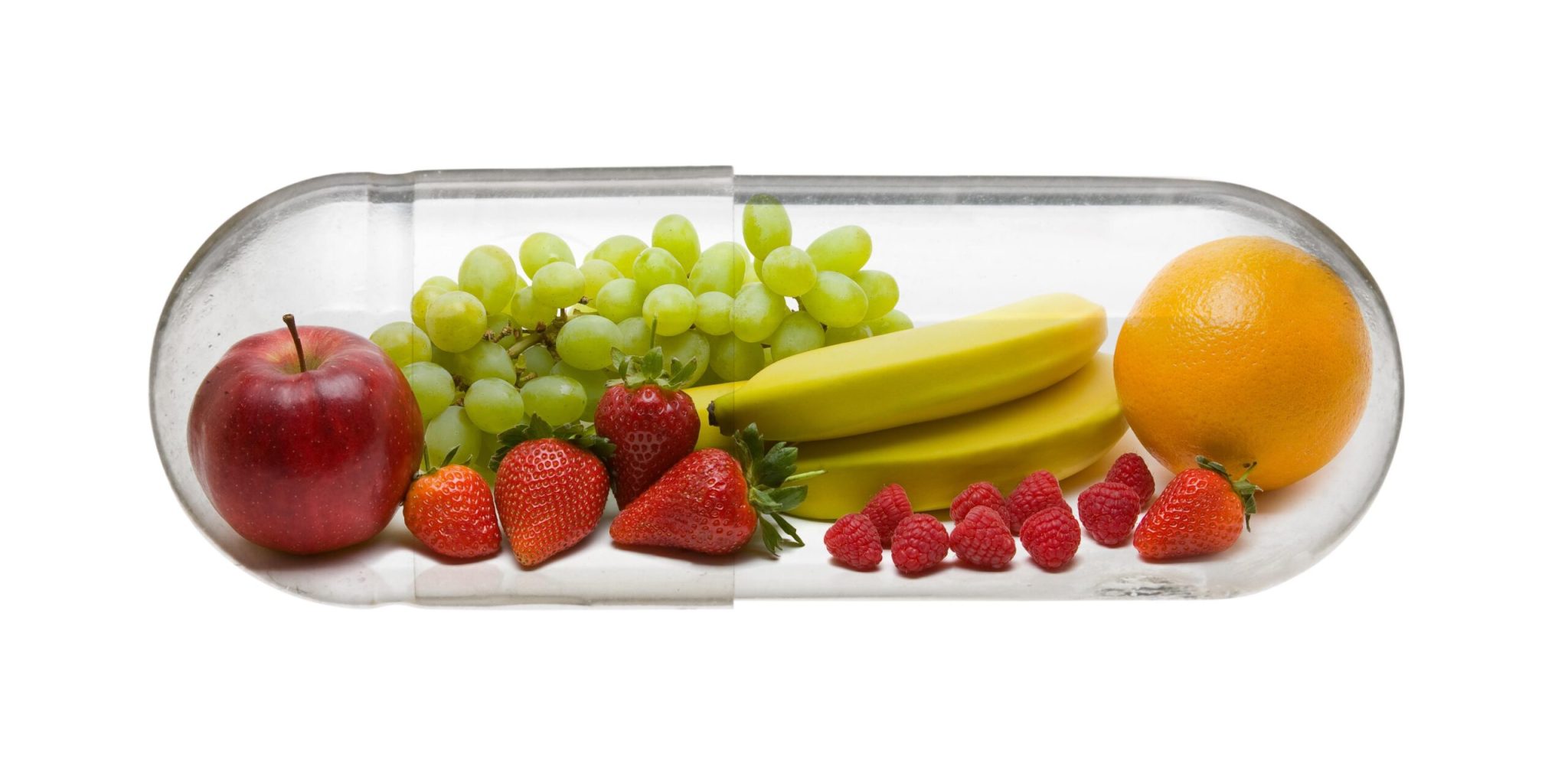How Important Are Dietary Supplements for Our Health?

PREMIUM CONTENT for MEMBERS ONLY
Every year Americans spend somewhere around $35 billion on vitamins, minerals, and dietary supplements with over half the American population taking at least one vitamin daily. This fuels the $40 billion dietary supplement industry producing over 50,000 products that make large health and wellness claims such as weight loss, increased energy, and overall health and wellness. These products appeal to many looking for a quick fix or solution to their physical and mental health problems. What many consumers are unaware of is that dietary supplements do not need to be FDA-approved prior to marketing their products, meaning that it is not necessary to prove their effectiveness in well-designed clinical trials, and it is up to the company’s discretion to make sure the products are safe and effective.1
 A new study in the Annals of Internal Medicine2 tested over a dozen vitamins and supplements, some including compounds generally referred to as antioxidants, vitamin A, vitamin B-complex, vitamin B6, vitamin C, vitamin E, vitamin D, calcium, iron, and multivitamins. The study found that most of them did not cause any harm but only omega-3 fatty acid (fish oil) and possibly folic acid, showed potential health benefits for some people. Scientists also found that supplements combining calcium and vitamin D might increase the risk of stroke.3 Furthermore, supplements may actually become harmful if taken in conjunction with certain medications that may alter the effects or not work how it is intended.
A new study in the Annals of Internal Medicine2 tested over a dozen vitamins and supplements, some including compounds generally referred to as antioxidants, vitamin A, vitamin B-complex, vitamin B6, vitamin C, vitamin E, vitamin D, calcium, iron, and multivitamins. The study found that most of them did not cause any harm but only omega-3 fatty acid (fish oil) and possibly folic acid, showed potential health benefits for some people. Scientists also found that supplements combining calcium and vitamin D might increase the risk of stroke.3 Furthermore, supplements may actually become harmful if taken in conjunction with certain medications that may alter the effects or not work how it is intended.
The president for the Center of Science for the Public Interest, Peter Lurie, points out ephedra, one of the more notable examples of the possible harm supplements can have. Ephedra is a substance found in some plants and is marketed as an appetite suppressant and energy booster.4 The supplement was associated with cases of heart attack, stroke, and sudden death which led to 155 deaths until it was banned by the FDA in 2003. Lurie points out that without the required approval by the FDA prior to releasing vitamins and supplements to the market, the true damage of a product may only be exposed after it is too late. Similarly, another concern of Lurie’s is that there is little way of knowing what harmful effects or damage these supplements may have. Adulteration and contamination is a real problem, there is little information on the safety of the active ingredients, and only serious adverse effects are required to be reported to the FDA.5 Ultimately, this large study along with others casts significant doubt on much of the vitamin and dietary supplements industry which relies largely on word of mouth recommendations and marketing campaigns. However, the issue is more complex.
 “The panacea or magic bullet that people keep searching for in dietary supplements isn’t there,” says a new dietary supplement study’s senior author, Erin Michos, an associate professor at the Johns Hopkins University School of Medicine. “People should focus on getting their nutrients from a heart-healthy diet, because the data increasingly show that the majority of healthy adults don’t need to take supplements.” However, when you look at the amount of daily amount of dietary fiber and phytonutrients (such as flavonoids) that the average American consumes on a diet rich in animal products and low in plant based food, this assessment is incorrect: Americans on the average consume less than ⅓ of the recommended fiber intake and a fraction of the Flavonoid intake associated with the traditional Mediterranean diet, which has been associated with a wide range of health benefits. Does this mean people continuing their unhealthy dietary habits might benefit from taking fiber and phytonutrient supplements?
“The panacea or magic bullet that people keep searching for in dietary supplements isn’t there,” says a new dietary supplement study’s senior author, Erin Michos, an associate professor at the Johns Hopkins University School of Medicine. “People should focus on getting their nutrients from a heart-healthy diet, because the data increasingly show that the majority of healthy adults don’t need to take supplements.” However, when you look at the amount of daily amount of dietary fiber and phytonutrients (such as flavonoids) that the average American consumes on a diet rich in animal products and low in plant based food, this assessment is incorrect: Americans on the average consume less than ⅓ of the recommended fiber intake and a fraction of the Flavonoid intake associated with the traditional Mediterranean diet, which has been associated with a wide range of health benefits. Does this mean people continuing their unhealthy dietary habits might benefit from taking fiber and phytonutrient supplements?
With one of the highest rates of obesity, metabolic disorders, cardiovascular disease and cancer, the associated highest ranking in healthcare spending among the developed nations in the world, and being one of the few countries in the world with recent trends in decreasing life expectancy, Americans are trying to find an easy and cheaper solution. It is no wonder so many people are fooled by the appealing marketing campaigns of products claiming to have magical health and wellness powers that can seemingly improve their well-being and protect them from cardiovascular and degenerative brain diseases, without having to change their dietary habits or lifestyle.
In reality, there is no magic pill that can replace a healthy diet rich and varied in dietary fiber and phytonutrients, and healthy plant based fats, with minimal sugar, refined carbohydrates and highly processed foods, that provides optimal nutrition to us and our gut microbes. Taking your daily probiotics, antioxidant or vitamin pills while staying on an unhealthy diet will not be more than an expensive placebo treatment. In contrast to the largely negative results from the study in the Annals, there is extensive scientific evidence that such a diet combined with regular physical exercise and overall healthy lifestyle has profound effects on healthy aging and on many of the chronic disorders plaguing modern society.
References
- www.fda.gov/consumers/consumer-updates/beware-fraudulent-dietary-supplements
- www.acpjournals.org/doi/pdf/10.7326/M19-0341
- medium.com/luminate/vitamins-supplements-dont-waste-your-money-7dabd54b1399
- www.nccih.nih.gov/health/ephedra
- www.washingtonpost.com/lifestyle/food/most-dietary-supplements-dont-do-anything-why-do-we-spend-35-billion-a-year-on-them
By Juliette Frank with Emeran A. Mayer, MD

Juliette Frank is a recent UCLA graduate with a degree in Public Affairs and Food Studies. Her interests include the interrelation between food systems, digestive health, and the environmental impacts of food production.